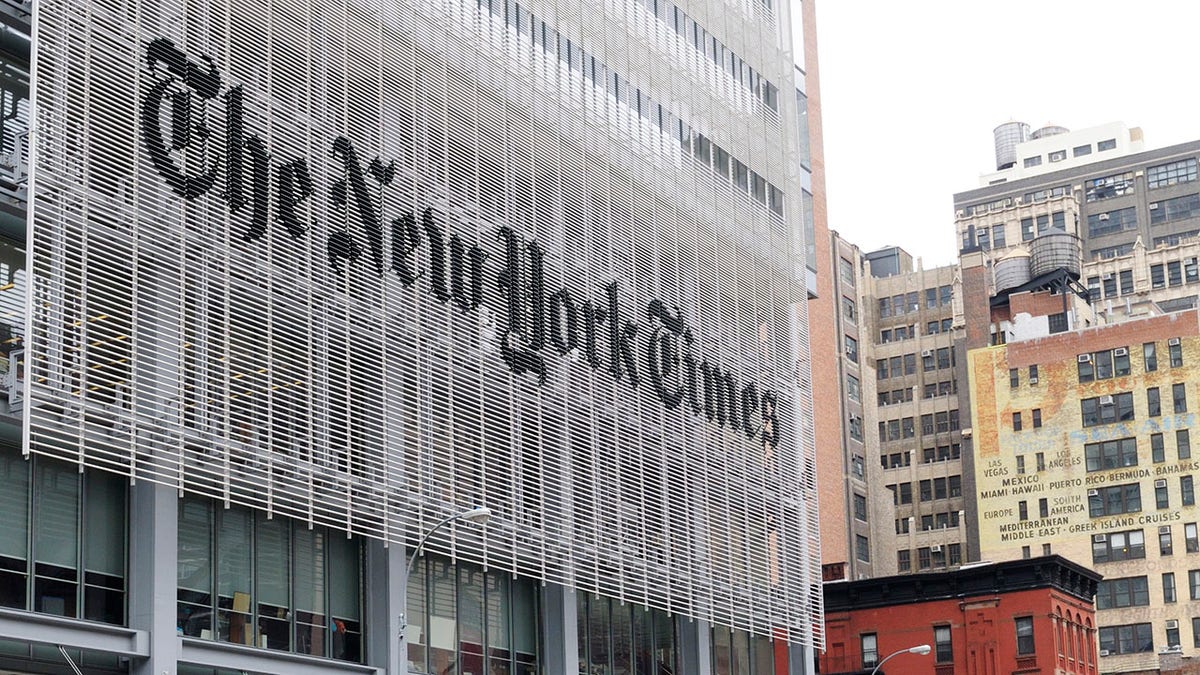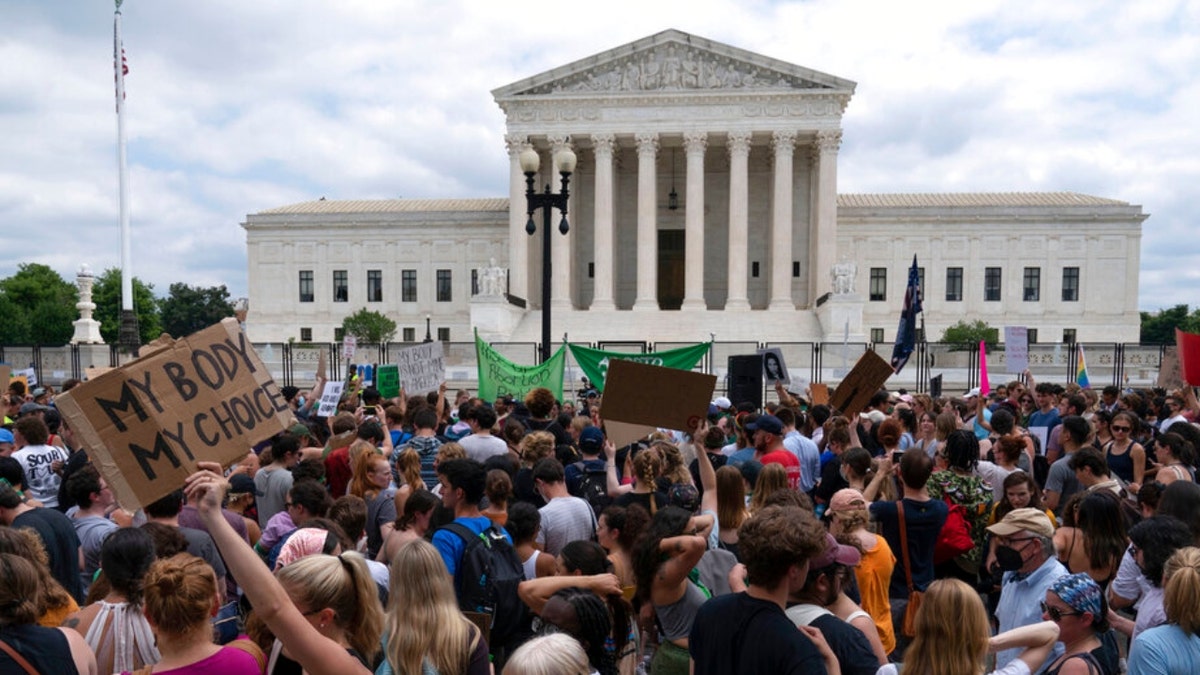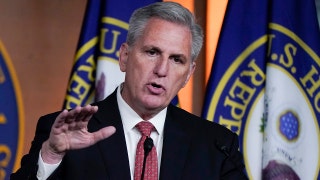The New York Times published a guest essay that calls for more abortions to occur on television shows and in movies while downplaying risks associated with the procedure.
Titled "What Movies Like ‘Dirty Dancing’ Get Wrong About Abortion," and written by Abortion Onscreen director Steph Harold, it attempted to explain the need for "bigger, bolder stories about abortion" from Hollywood after the U.S. Supreme Court’s June 24 reversal of Roe v. Wade, the landmark 1973 abortion rights decision.
Harold explained that his group has tracked "over 500 abortion plotlines across genres, such as historical fiction, medical dramas, science fiction and even buddy comedies" and found onscreen abortion stories have increased in recent years.

The New York Times published a guest essay that calls for more abortions to occur on television shows and in movies while downplaying risks associated with the procedure.
"But rather than normalize abortion, the increased visibility of abortion on television and in film has in many cases contributed to stigma and misinformation," Harold wrote. "When audiences see abortion depicted onscreen, some will incorporate what they see into their general understanding of abortion — who has abortions, how easy or challenging it is to access an abortion and how safe (or not) abortion is. And that has the potential to influence viewer knowledge, beliefs and voting behaviors around abortion."
The Times essay then declared "It’s incumbent on TV and film creators to think harder about how they portray abortion" and urged producers not to put a spotlight on medical risks.
"Onscreen depictions of abortion often significantly exaggerate the medical risk associated with it, overemphasizing serious complications that are extremely rare or nonexistent in real life, like infertility, mental illness and death," Harold wrote. "Our analysis of more recent television plotlines found that depictions are improving when it comes to safety, yet characters onscreen are still much more likely to have a major complication as a result of an abortion than a real-life abortion patient."

Abortion-rights protesters gather outside the Supreme Court in Washington, Friday, June 24, 2022. The Supreme Court has ended constitutional protections for abortion that had been in place nearly 50 years, a decision by its conservative majority to overturn the court's landmark abortion cases. ((AP Photo/Jose Luis Magana))
‘NORMALIZE’ ABORTION FOR ‘YOUNG PEOPLE’ WITH ‘VITAL’ SEX EDUCATION, SAYS NEW YORK TIMES GUEST ESSAY
The guest essay then knocked Hollywood for depicting many characters receiving abortion as "White and at least middle class," instead of minorities living below the poverty line. The author called for abortion pills to be more prominent in Hollywood, referred to surgical abortions as "simple outpatient procedures" and declared "inaccurate depictions of abortion may lead audiences to believe that we need to regulate it more, not less."
Conservatives have hailed last month’s Supreme Court decision as a victory for the pro-life movement, while progressives have argued the move sets the clock back on women's rights. Meanwhile, states have been scrambling to adjust their laws, and approximately half of the states are expected to enact abortion bans — though exactly when those bans go into effect and how extensive they are varies.

Protesters shout as they join thousands marching around the Arizona Capitol after the Supreme Court decision to overturn the landmark Roe v. Wade abortion decision Friday, June 24, 2022, in Phoenix. (AP Photo/Ross D. Franklin)
UNIVERSITY OF FLORIDA STUDENT GOVERNMENT OKS ‘PLAN B’ VENDING MACHINES FOR MORNING-AFTER PILL
"Regardless of the legal status of abortion, screenwriters have found ways to tell abortion stories. Today’s content creators must meet this critical moment with creativity, incisiveness, collaboration and determination. It is time for Hollywood to embrace telling bigger, bolder stories about abortion," Harold wrote.











































